Hawaii trade schools are transforming the way students prepare for successful careers by offering pathways that focus on apprenticeships and on-the-job training. Hawaii trade schools give students practical skills that directly translate to employment opportunities. Hawaii trade schools emphasize the importance of real-world experience in industries such as commercial construction, electrical work, plumbing, and carpentry. Hawaii trade schools partner with local unions, companies, and industry organizations to ensure that students are not only classroom-ready but also site-ready. Hawaii trade schools provide structured apprenticeship programs where students can earn while they learn. Hawaii trade schools are designed to shorten the time between education and employment. Hawaii trade schools help students gain hands-on knowledge that employers trust. Hawaii trade schools focus on equipping students with certifications and safety training, making them more marketable in competitive job markets. Hawaii trade schools emphasize affordability, accessibility, and industry relevance. Hawaii trade schools play a crucial role in supporting Hawaii’s growing workforce needs by preparing students for long-term careers in high-demand trades.
Apprenticeships: The Bridge Between Learning and Earning
Apprenticeships offered through Hawaii trade schools give students a unique advantage. Instead of waiting until graduation to gain experience, students begin working alongside professionals early in their training. Apprenticeships combine classroom instruction with paid, hands-on work, which allows students to immediately apply what they learn. Employers value this system because apprentices from Hawaii trade schools are already familiar with job sites, safety regulations, and industry practices.
On-the-Job Training in Real Work Environments
Hawaii trade schools take education outside the classroom and place students directly on worksites. This on-the-job training means students learn by doing. They practice operating heavy machinery, reading blueprints, installing electrical systems, and handling plumbing tools. Unlike purely academic institutions, Hawaii trade schools make sure students face real challenges and gain confidence in solving problems. This type of training also helps graduates adapt quickly to full-time positions, saving employers the time and cost of additional training.
Certifications and Safety Standards
Graduates of Hawaii trade schools often leave with nationally recognized certifications. OSHA safety training, electrical licensing, welding certifications, and carpentry qualifications are examples of what students can earn. These certifications are often required in commercial construction and other trade jobs, giving graduates an edge. Hawaii trade schools emphasize safety, ensuring that every student is prepared to handle hazardous environments with confidence and professionalism.
Employer Partnerships and Job Placement
One of the most valuable aspects of Hawaii trade schools is their strong industry connections. These schools partner with contractors, unions, and major companies across Hawaii. These relationships give students access to job placements, internships, and long-term career opportunities. Employers actively seek graduates from Hawaii trade schools because they know these students are job-ready and equipped with real-world training.
Career Opportunities After Graduation
Hawaii trade schools prepare students for careers in multiple fields within the trades. Graduates can work as electricians, plumbers, welders, HVAC technicians, heavy equipment operators, or construction managers. With Hawaii’s ongoing demand for skilled labor in commercial construction and infrastructure development, students from Hawaii trade schools enjoy high employability, strong wages, and growth opportunities.
Why Choose Us
Our institution is proud to be among the leading Hawaii trade schools that focus on apprenticeships and on-the-job training. We offer students hands-on experience from day one, with direct access to employers and unions in Hawaii’s construction and trade industries. Our instructors bring years of expertise, and our facilities replicate real jobsite conditions. With strong partnerships and career placement services, we ensure that every graduate has the tools, certifications, and connections to succeed. Choosing us means choosing a Hawaii trade school that puts your career first.
5 Frequently Asked Questions
1. How do Hawaii trade schools integrate apprenticeships into their programs?
Hawaii trade schools partner with unions and companies to provide paid apprenticeships where students learn on the job while completing classroom training.
2. Do apprenticeships through Hawaii trade schools pay students?
Yes, most apprenticeship programs are paid, allowing students to earn while they gain valuable work experience.
3. What is the difference between on-the-job training and classroom training at Hawaii trade schools?
Classroom training focuses on technical knowledge and theory, while on-the-job training places students in real work environments to apply what they’ve learned.
4. Are certifications earned through Hawaii trade schools recognized outside of Hawaii?
Yes, most certifications earned through Hawaii trade schools are nationally recognized, making graduates employable across the United States.
5. Can working adults join apprenticeship programs at Hawaii trade schools?
Yes, many Hawaii trade schools offer flexible programs with evening and weekend classes to support working adults who want to transition into trade careers.
Conclusion
Hawaii trade schools supporting apprenticeships and on-the-job training are essential for preparing students to meet Hawaii’s growing demand for skilled professionals. By combining classroom learning with practical experience, Hawaii trade schools ensure that students graduate with both knowledge and confidence. These schools not only teach technical skills but also provide certifications, safety training, and industry connections. Employers actively seek out graduates because they are work-ready from day one. Hawaii trade schools continue to be the top choice for students who want a fast, affordable, and reliable path to rewarding careers in trades and commercial construction. Choosing Hawaii trade schools means choosing a future built on skill, stability, and opportunity.
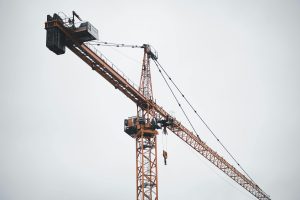







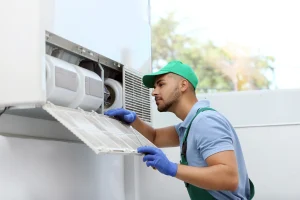
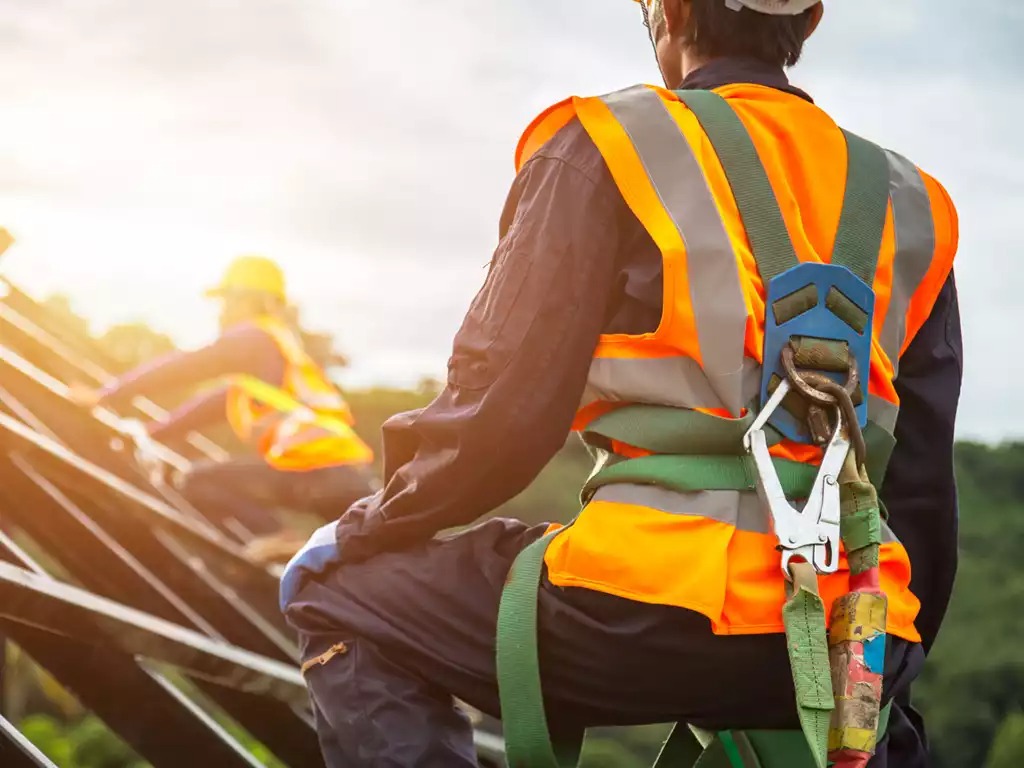
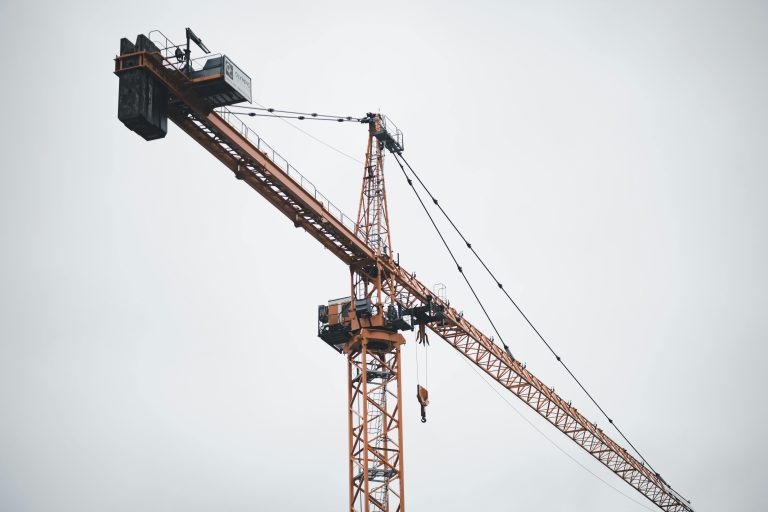
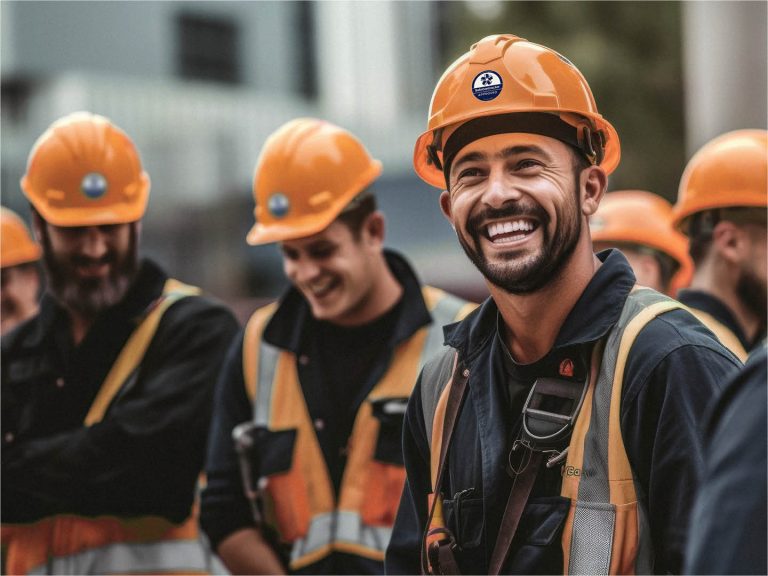
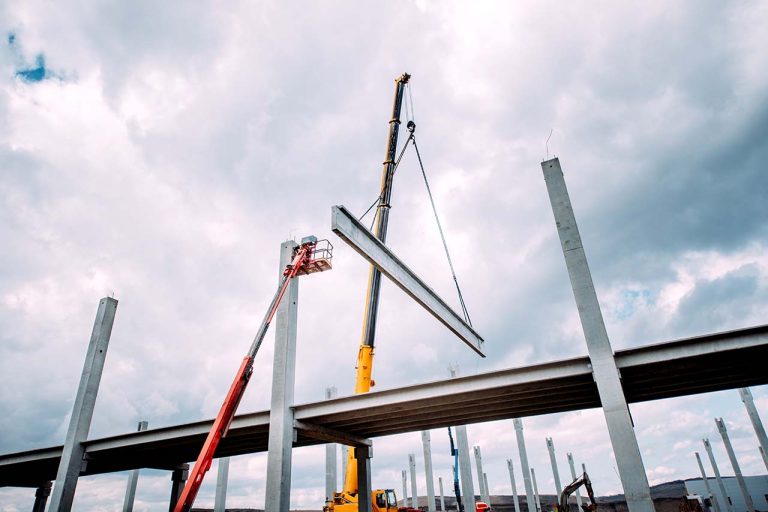







+ There are no comments
Add yours